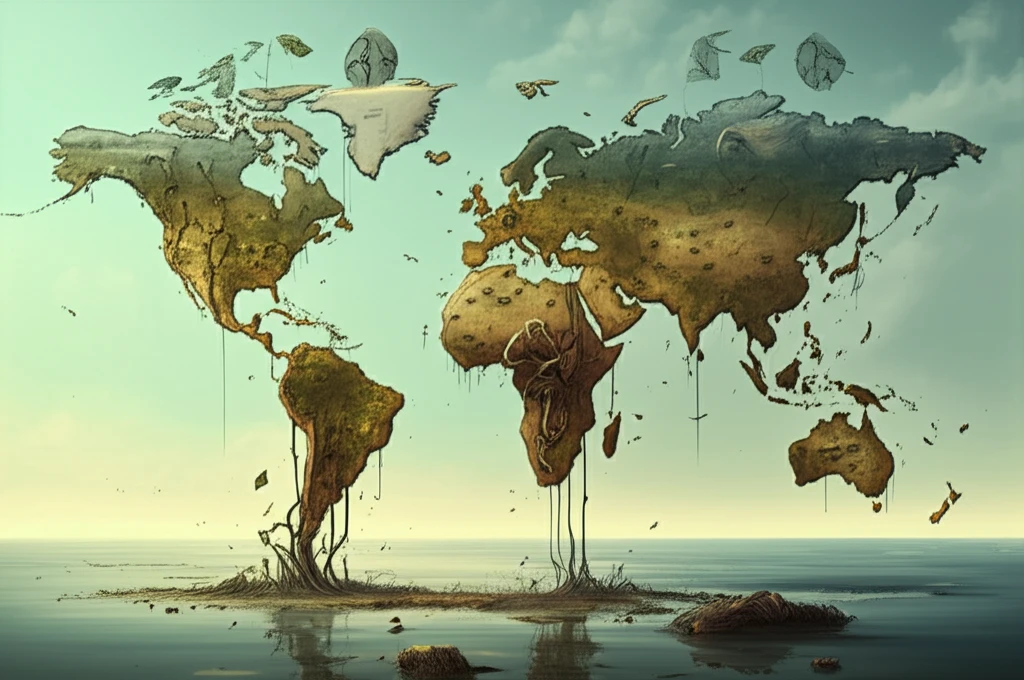
Urgent Call: Can We Still Limit Global Warming to 1.5°C?
"Scientists warn we're running out of time to prevent catastrophic climate change. Discover the critical actions needed to stay below 1.5°C and protect our future."
The latest report from the Intergovernmental Panel on Climate Change (IPCC), released on October 8, delivers an urgent message: we have approximately twelve years to take decisive action, or we will face irreversible and catastrophic climate change.
This warning is based on two critical factors. First, the planet has already warmed by 1°C above pre-industrial levels, leading to significant adverse effects on communities, ecosystems, and livelihoods globally. Second, unless we drastically reduce greenhouse gas emissions within the next 12 years, we risk exceeding the 1.5°C warming limit set in the 2015 Paris Agreement, signed by 195 countries. Even this threshold may not prevent disaster for many vulnerable ecosystems and populations.
The IPCC report underscores the potentially catastrophic consequences of failing to meet the 1.5°C target. The science is clear: anthropogenic global warming is real, and its effects are already being felt worldwide.
Why Is 1.5°C Such a Critical Threshold?

The science of anthropogenic global warming and its effects have been previously explained. The IPCC's new synthesis of more than 6000 recent scientific papers highlights once again the many dangers posed by global warming, including extreme weather events, rising sea levels, destruction of coral reefs, loss of biodiversity, ocean acidification and deoxygenation, and extreme heat. Crucially, climate change is a "threat multiplier" that exacerbates and intensifies poverty, food insecurity, water stress, forced migration, and conflict between states and communities.
- Decarbonize Energy Systems: Transition to renewable energy sources to reduce reliance on fossil fuels.
- Transform Transportation: Promote sustainable transportation options, such as electric vehicles and public transit.
- Sustainable Agriculture: Adopt farming practices that reduce emissions and enhance carbon sequestration.
- Reforestation: Implement large-scale reforestation projects to remove carbon dioxide from the atmosphere.
Taking Action: What Can We Do?
Although government action is crucial, so is civic action. In particular, doctors and other health professionals have a strong record of steering society to make difficult, unpopular, and at times expensive choices for the sake of public health and safety. This has historically included improved sanitation, housing, water treatment, and air quality and, in the 1980s, reducing the risks of nuclear war.
